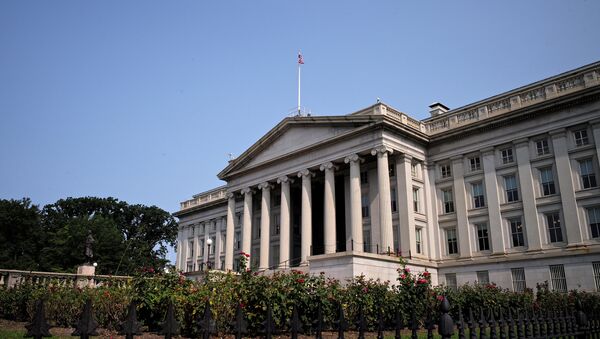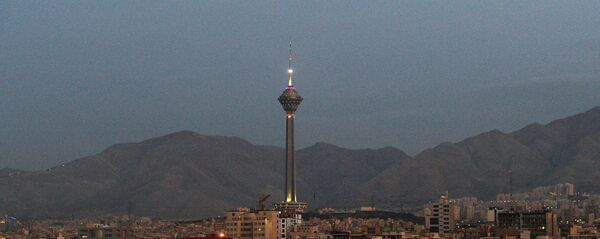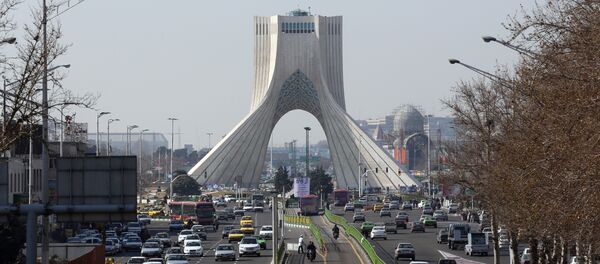The US Office of Foreign Assets Control (OFAC) imposed new sanctions on seven Iranian individuals for allegedly participating in cyberattacks against the United States and two entities related to Tehran's ballistic missile program, the Department of Treasury said on Thursday.
"The persons sanctioned in today’s actions include one entity engaging in activities in support of Iran’s Islamic Revolutionary Guard Corps (IRGC) ballistic missile program […] and two Iran-based networks responsible for malicious cyber-enabled attacks against the US financial system," the release stated.
The United States targeted Iran-based Sadid Caran Saba Engineering Company (SABA) for sending or trying to send financial, material, technological or other support for the IRGC, the release said.
Two Ukrainian-based companies among entites sanctioned by the US for "aiding designated Iranian and Iraqi airlines through the provision of aircraft and services," the Treasury's release said.
Khors, the release said, provides material support and services to Iran-based Caspian Air through a sub-wet-lease of a US-origin aircraft. The company also provided the same type of lease to Iraq's Al-Naser Airlines as recently as 2016, and helped with the wet lease and sale of aircraft to Iran's Mahan Air, and used front companies to give Mahan Air aircraft and parts from the US. Dart Airlines provided the a sub-wet-lease of US-origin aircraft to both Caspian Air and Al-Naser Airlines, the release added.
The move comes after US Secretary of State Rex Tillerson said earlier in the day that he believes that Iran "is clearly in default of expectations" concerning the nuclear deal, reiterating Washington's stance that Tehran is allegedly not abiding by the deal, a claim the Islamic Republic has strongly denied.
President Donald Trump questioned Iran's compliance with the Joint Comprehensive Plan of Action (JCPOA) regarding its nuclear deal. Iran's deputy foreign minister said earlier that the United States is seeking to exit from the JCPOA on Iran's nuclear program while putting the blame for the deal's failure on Tehran.
Previously, the US adopted a law imposing new non-nuclear sanctions against 18 individuals and entities in Iran over the country's missile program and alleged human rights violations. Tehran vowed to impose retaliatory measures against US individuals and entities.
On July 14, 2015, China, France, Russia, the United Kingdom, the United States and Germany, collectively referred to as the P5+1 group, signed the JCPOA with Iran on the latter's nuclear program. The deal stipulated a gradual lifting of anti-Iran sanctions in exchange for Tehran's assurances that its nuclear program would remain in a peaceful nature.




